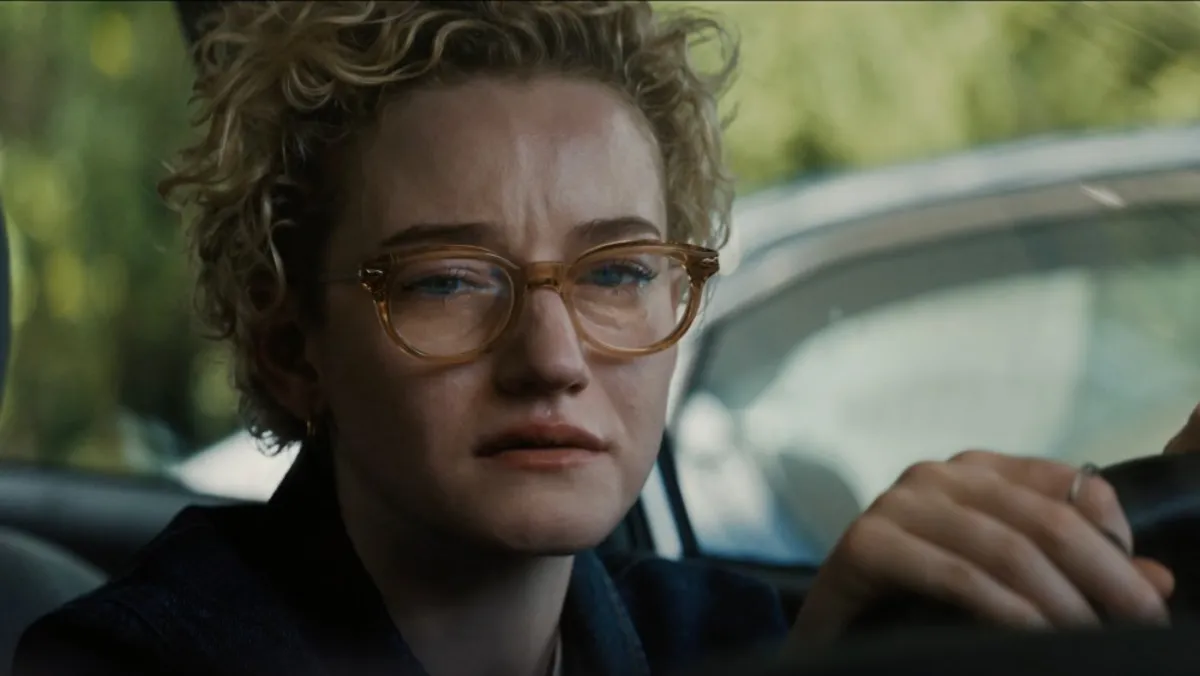
Every August, Alamo Drafthouse braces itself for a typical late-summer slowdown. Mike Sherrill, the theater chain’s chief revenue officer, humorously notes, “We joke that weekday business gets soft because parents have to think about buying their kids a new backpack.” This seasonal dip is not only a concern for theaters but also for film studios, as the calendar from August through early October tends to be sparse compared to the busy months of June and July. “There’s not a gigantic tentpole in the next six weeks,” Sherrill explains. “But it’s our job to remind folks that just because ‘Avatar 3’ doesn’t come out until December doesn’t mean there aren’t great films before then.”
On paper, the upcoming weeks appear bleak for box office performance. However, it is crucial to remember that this year has already defied conventional box office norms. Few anticipated that DC's “Superman” would surpass Marvel's “The Fantastic Four: First Steps” in revenue, with earnings of $595 million against $468 million. Additionally, “Jurassic World Rebirth” has made waves with a total of $828 million, eclipsing both franchises. Original content has also seen unexpected success, with Ryan Coogler’s “Sinners” and Zach Cregger’s “Weapons” emerging as surprise hits, demonstrating that audiences are willing to explore new ideas from innovative directors.
Could it be that the traditional view of the dog days of summer being a cinematic wasteland is incorrect? Historically, this quiet period has produced sleeper hits, and “Weapons” is currently shaping up to be this August’s savior with $148 million in earnings to date. However, it may not receive much assistance from the remaining releases this month, which include Ethan Coen’s caper “Honey Don’t!” featuring Margaret Qualley as a small-town detective, Darren Aronofsky’s crime thriller “Caught Stealing” starring Austin Butler and Zoe Kravitz, and the satire “The Roses” led by Benedict Cumberbatch and Olivia Coleman.
Chris Randleman, chief revenue officer at Texas-based Flix Brewhouse, states, “Nobody expects anything from the last two weeks of August.” This could potentially benefit the supernatural film “The Conjuring: Last Rites,” the fifth installment in the popular series, which is set to debut on September 5 alongside “Hamilton,” a recorded version of the Broadway sensation that has been available on Disney+ since 2020. Hollywood is banking on the strategy of releasing multiple films to generate audience interest, with nine movies scheduled to open before September concludes. These include Lionsgate's dystopian adaptation of Stephen King’s “The Long Walk,” Sony’s anime feature “Demon Slayer: Infinity Castle,” and the Jordan Peele-produced sports thriller “Him.”
In addition, Paul Thomas Anderson’s high-budget film, “One Battle After Another,” featuring Leonardo DiCaprio, is expected to draw significant attention. Randleman adds, “Nothing really looks like it’ll be big, but volume will counteract that.” Disney's sci-fi sequel, “Tron: Ares,” is set to open on October 10 and is viewed as the industry's next potential blockbuster.
Despite a challenging landscape, analysts remain optimistic about cinema operators' ability to endure this post-popcorn season lull. Eric Wold, an analyst at Texas Capital Securities, reassures, “We’re past the pandemic, and theater owners have done well enough with their balance sheets. They can weather a short-term lull.” After a sluggish winter that included flops like “Snow White” and Robert De Niro’s “The Alto Knights,” followed by a surprisingly strong spring thanks to “Sinners” and “A Minecraft Movie,” this summer has been steady.
While revenues may fall short of the anticipated $4 billion benchmark, and Disney’s “Lilo & Stitch” stands as the only release to cross the $1 billion mark, there have been bright spots like “F1: The Movie” with $590 million and “How to Train Your Dragon” at $625 million. According to Lionsgate studio chief Adam Fogelson, “Compared to the dire black-cloud sense that people had earlier this year, summer was a reminder that as long as studios make good versions of the right film, audiences will go to see it.”
As of now, overall box office performance is 6.4% ahead of 2024 but still lags 23% behind 2019, the last year before the pandemic, according to Comscore. The recent uptick in annual gains can largely be attributed to rising ticket prices and the popularity of premium large formats rather than an increase in attendance. In response to dwindling audiences, theater chains like AMC Theatres are experimenting with new strategies to boost revenue. AMC has introduced a 50% discount on tickets for Wednesdays, in addition to existing discounts on Tuesdays. Furthermore, they have quietly raised prices by $1 to $1.50 in select locations on other days.
The effectiveness of these discounts remains uncertain. Wold poses a critical question: “Are you adding customers who wouldn’t have gone at all? Or are you shifting someone from opening weekend to a Wednesday because it’s cheaper?” Ultimately, the cinema industry continues to adapt and evolve, navigating the complexities of the post-pandemic landscape while striving to attract audiences back to theaters.